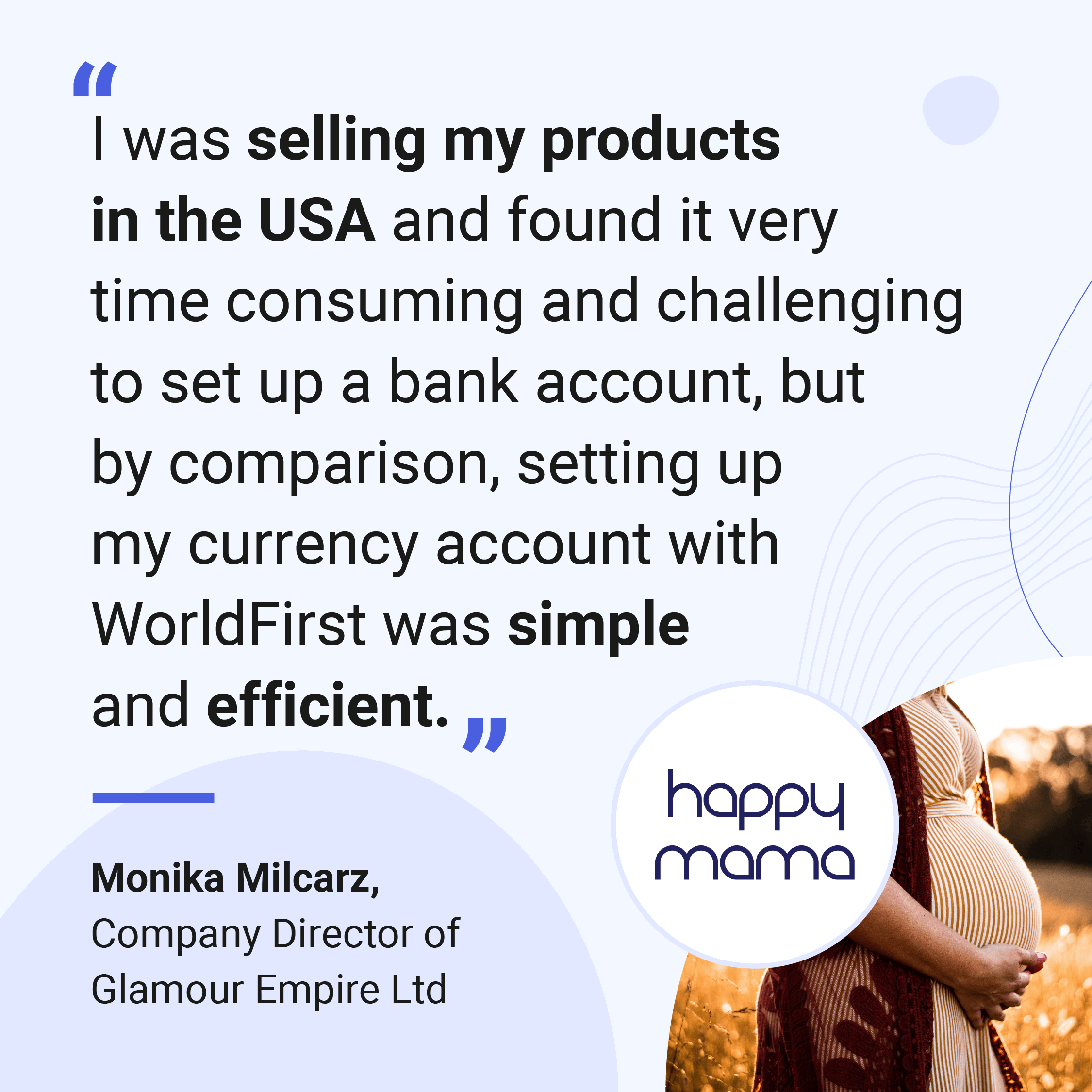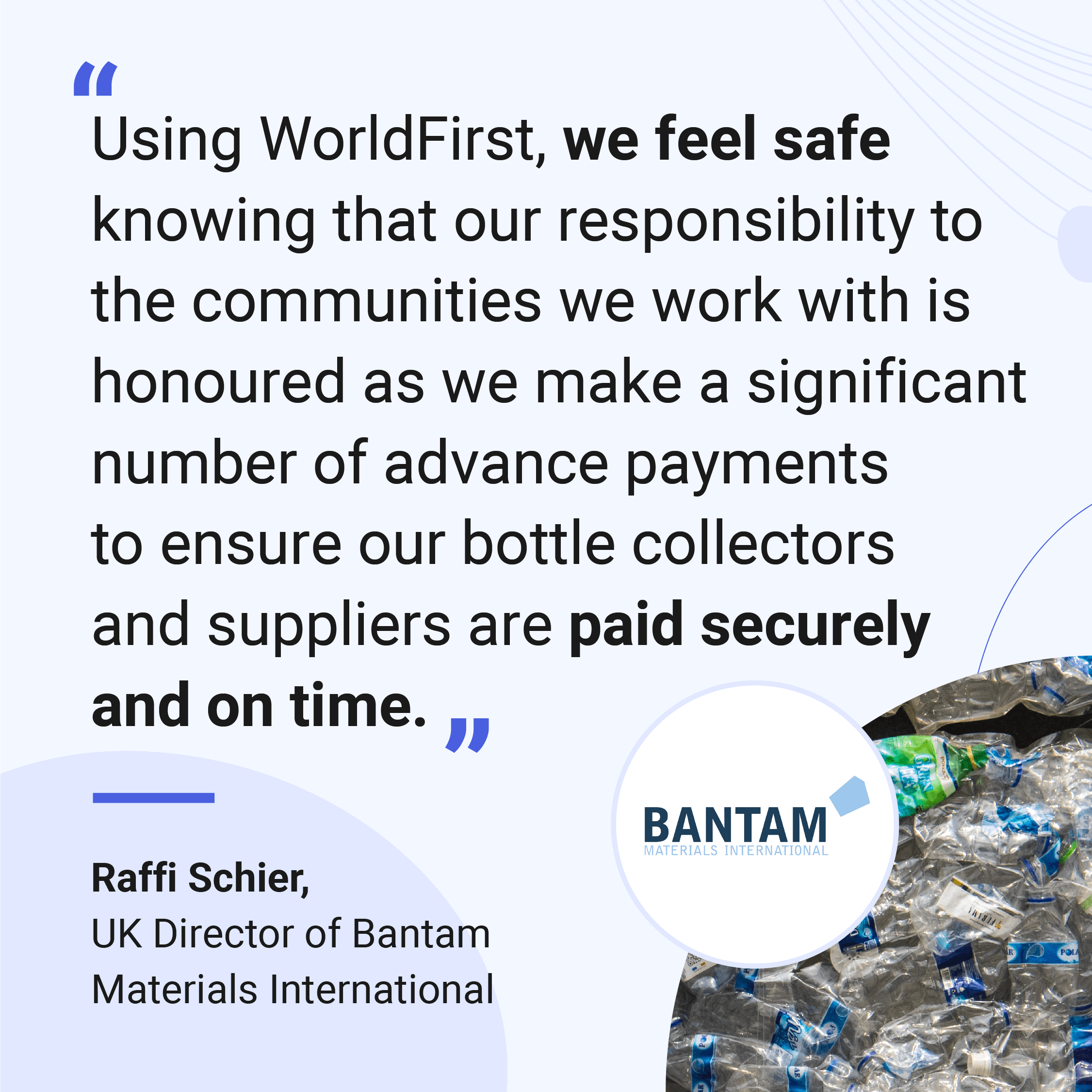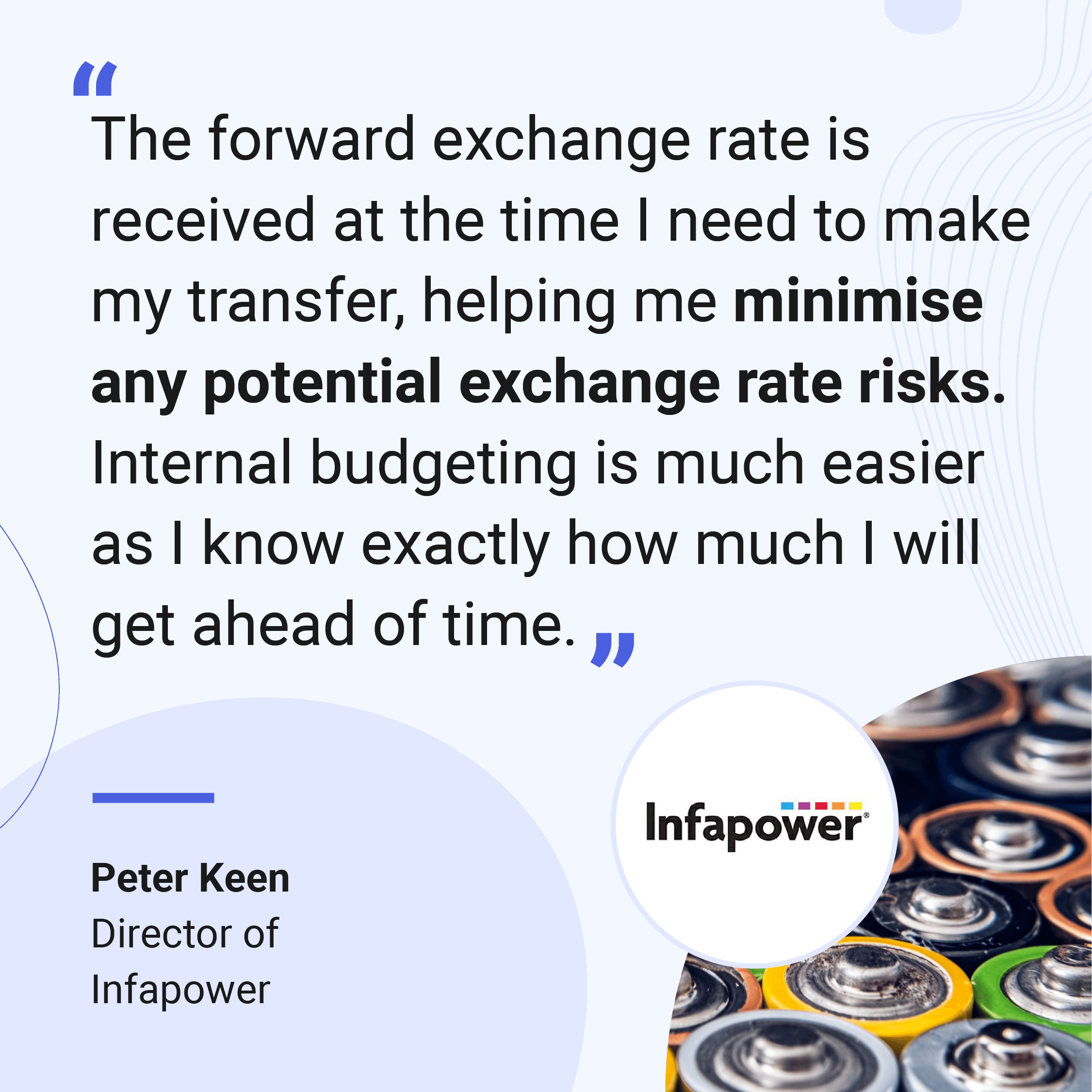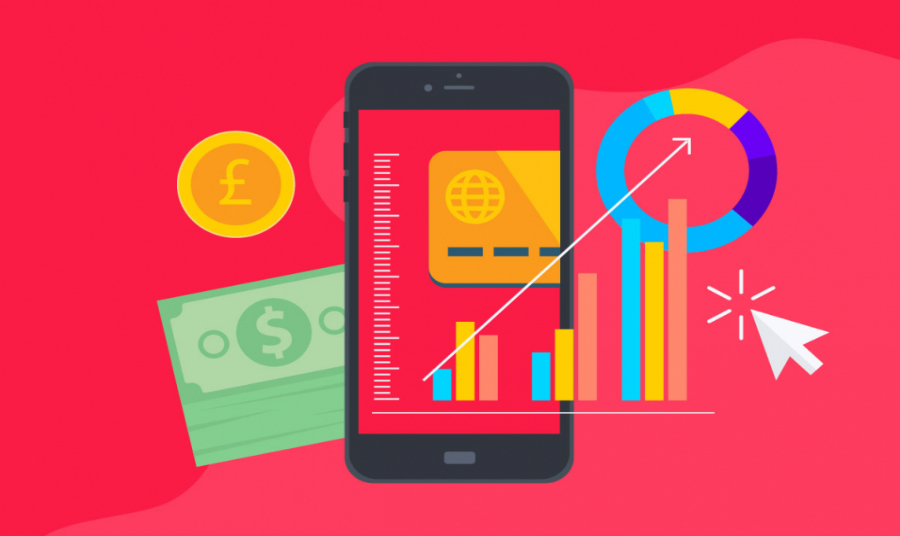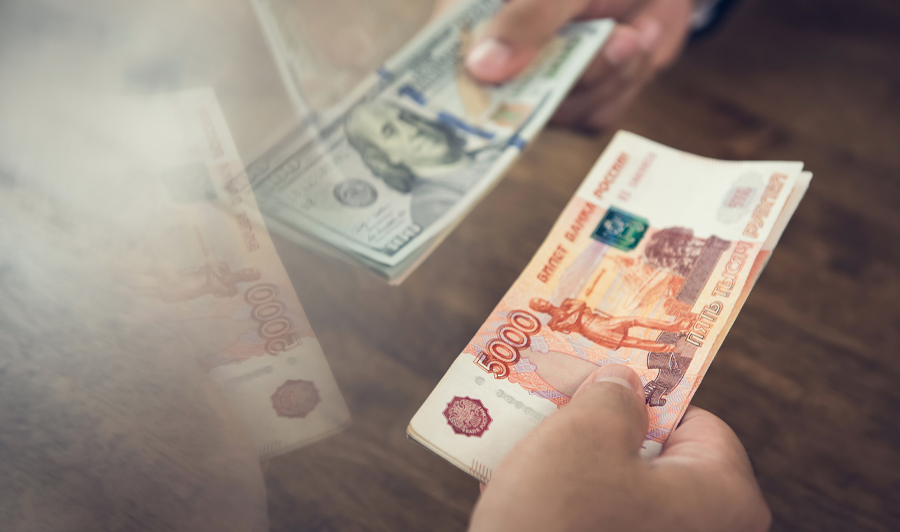
International expansion is essential to the success of modern e-commerce businesses. And innovative services make it easier to grow, regardless of borders that were once a massive obstacle to business expansion.
But there is one significant downside to doing international business: having to accept multiple currencies from all over the world at regularly shifting exchange rates, while trying not to sacrifice profitability.
Why are multiple foreign currencies necessary in the first place?
At a glance, lots of different currencies seems like a very bad idea. Wouldn’t it be easier if everyone used the same money for everything? The short answer is: not really.
The human concept of value is relative. At a very basic level, the value of anything is determined by the items you can receive in exchange. But the amount of items in circulation, how hard a resource is to obtain, and what other people will pay for it all contribute to constant shifts in the relative value of everything. Currencies are no different.
So why not have everyone use the same currency everywhere?
The economies of different countries require different forms of financial support and stimulus. What might be good for one country, would be terrible economic policy for another. Currencies allow governments and financial institutions to react effectively to crises and stimulate growth for the benefit of their citizens.
How exchange rates negatively impact e-commerce sellers
Unfortunately, foreign currency exchange rates and charges can hamper international e-commerce businesses. Customers expect to pay using their own local currency, and suppliers prefer to be paid in their local currency too. Getting paid in a foreign currency is a necessary challenge for businesses with global ambitions to overcome.
Thankfully, with an account from WorldFirst you can receive funds from approved marketplaces and payment gateways, as well as pay foreign suppliers like a local.
How to easily get paid in a foreign currency
The best way to get paid in a foreign currency is to set up an account that can receive funds from international customers, converting funds as quickly and cheaply as possible. Very few providers offer this service without charging high fees, but selected companies like WorldFirst specialise in accounts that encourage international business.
Making payments in foreign currencies
Making payments to international suppliers is a bit more complicated. With valuations constantly changing, businesses need to be careful that they minimise the instances of paying with foreign currency over its updated value. Luckily, there are a couple of ways that e-commerce businesses can shore themselves up against some of these risks, within reason.
Get paid like a local
- Open up to 15 local currency accounts, with local sort codes, account numbers and IBANs
- Receive international payments from 130+ marketplaces, overseas buyers and payment processing gateways
- Be up and trading in GBP, USD, CAD, AUD, CNH, EUR, HKD, JPY, NZD and SGD in a few minutes
- Add extra multi-currency accounts in CHF, PLN, SEK and AED
- Transfer funds into your bank account or use them to make domestic or international payments
Getting the best foreign currency exchange rates
There are two useful methods e-commerce sellers can leverage to maximise their profitability when ensuring suppliers get paid in foreign currency:
Get a forward contract
Forward contracts have the effect of locking in exchange rates for a set period of time, on a volume of currency that has been agreed upon in advance. E-commerce businesses can use forward contracts to make payments to international suppliers more predictable.
However, when the exchange rate changes, it could be to the seller’s detriment. It’s always best to seek expert advice when deciding whether a forward contract is the best option for you.
Forward contracts are useful in most cases. But it is worth noting that there are some circumstances where a forward contract can’t reasonably sustain an unexpected financial shock affecting one currency.
The value of a currency might depreciate to such an extent that the preferential rates offered in the forward contract are no longer viable. Should a currency unexpectedly drop in value, you may be required to make a "margin call" to account for the difference. A margin call is an injection of additional funds to cover the shortfall from an asset’s dramatic fall in value.
Get a spot contract
Another tool that e-commerce sellers can is spot contract. Unlike forward contracts, spot contracts take advantage of great rates that exist right now, for transactions that need to take place immediately. Spot contracts are one of the simplest forms of international payment.
Minimise risk when getting paid in a foreign currency
Getting paid in a foreign currency as an e-commerce seller can be fraught with financial penalties. With modern fintech and finance providers, e-commerce sellers can minimise the risk of doing international business across borders. The World Account is designed to facilitate easy, cross-border business growth. Its unique approach is backed up by almost 20 years of supporting business expansion success. Find out more about the World Account.

You might also like
Insights from WorldFirst cover the latest FX news, top accounting tips, strategies to mitigate risk and key industry trends. Choose a category below to find out more.
Businesses like yours trust WorldFirst
- Almost 1,000,000 businesses have sent $150B around the world with WorldFirst and its partner brands since 2004
- Your money is safeguarded with leading financial institutions
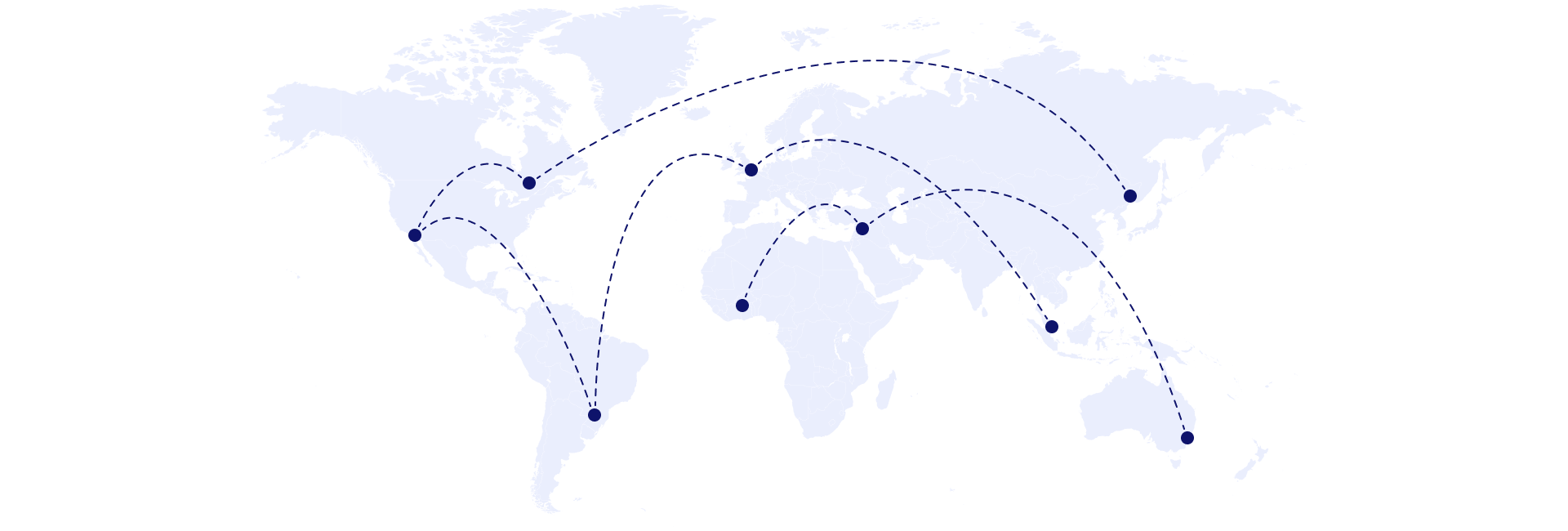
What our customers say about our services
